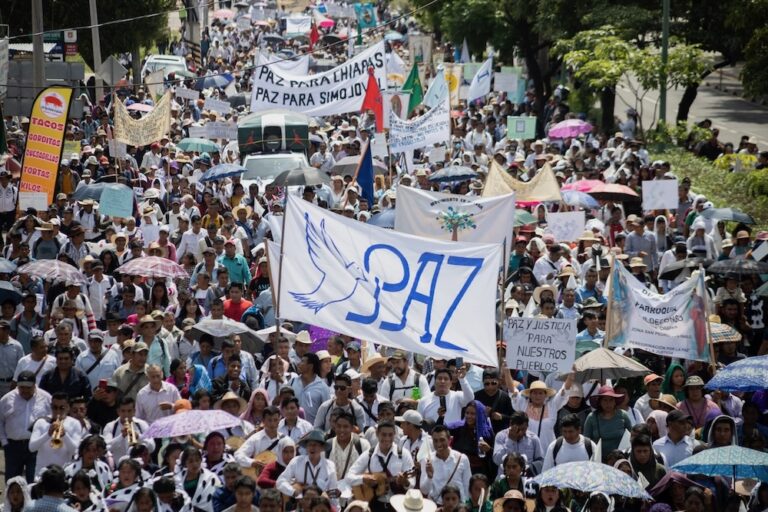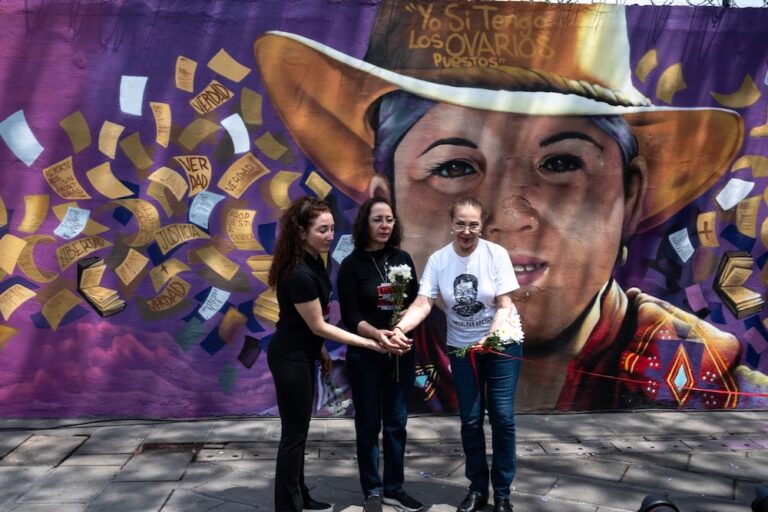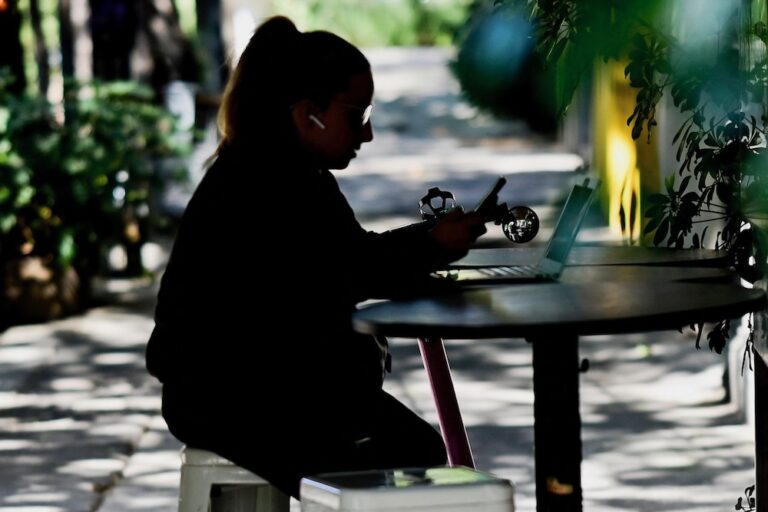(ARTICLE 19/CENCOS/IFEX) – The following is a joint 15 February 2008 ARTICLE 19 and CENCOS press release: Sinaloa State Prosecutor not to press charges in case of journalist’s harassment by military officers ARTICLE 19 and CENCOS have denounced the Sinaloa Public Prosecutor’s Office for failing to press charges in a case filed by journalist José […]
(ARTICLE 19/CENCOS/IFEX) – The following is a joint 15 February 2008 ARTICLE 19 and CENCOS press release:
Sinaloa State Prosecutor not to press charges in case of journalist’s harassment by military officers
ARTICLE 19 and CENCOS have denounced the Sinaloa Public Prosecutor’s Office for failing to press charges in a case filed by journalist José Manuel Prieto Marcial against military officers and members of the prosecutor’s office.
Prieto Marcial is a reporter for the “Primera Hora” daily, founded in 1999 and distributed in Sinaloa and some parts of Nayarit. On 12 May 2007, at approximately 12:00 p.m. (local time), he was held for about 10 minutes by members of the armed forces and the prosecutor’s office. The incident occurred in Culiacán, capital of Sinaloa state, in northern Mexico. Prieto Marcial was on the streets of the capital when he spotted a Combined Base of Operations (Base de Operaciones Mixtas Norte, BOM) patrol unit made up of members of the army, the Preventive State Police, the State Ministerial Police and the Municipal Preventive Police, and began photographing them.
One of the soldiers approached the journalist and asked him to identify himself. Prieto Marcial did not have any identification with him at the time. A number of officers seized the journalist’s belongings and forced him into a police car. He was driven around the city for about 10 minutes and then released after the officers deleted all the photographs from his digital camera.
Representatives of the army have testified that Prieto Marcial was not forced into the police car but rather “voluntarily” came along so that he could be taken to “Primera Hora” and retrieve his identification. On the way to the newspaper office, the journalist deleted the photographs and asked to be released, they claim.
Because of the involvement of military personnel in the incident, a complaint was filed with the Attorney General’s Office (Procuraduría General de la República, PGR).
ARTICLE 19 and CENCOS were able to speak over the telephone with “Primera Hora” editor Juan Carlos Cruz García who filed the complaint with the PGR. According to the editor, a BOM official contacted him and urged him to not report the incident, arguing that a lieutenant, Vicente Serrano Ponce, who was involved in the incident had been sanctioned with 15 days’ cut in pay.
Prieto Marcial was originally intending to take legal action against the responsible parties. After the Sinaloa Prosecutor’s failure to file criminal charges, however, he has lost hope that justice will be served.
By detaining Prieto Marcial and seizing some of his belongings without a legal order, the authorities have violated Article 16 of the Constitution which protects the right to liberty, security and due process.
The case also highlights the impunity as regards cases involving the army. ARTICLE 19 and CENCOS are questioning President Felipe Calderón Hinojosa’s use of the army in security matters and urge the government to make a clearer distinction between national security and citizens’ safety, as stipulated in Article 21 of the Constitution.
On more than one occasion, the United Nations, international human rights organisations and Mexican NGOs have questioned the wisdom of involving the armed forces in public security matters when they have not been trained for such endeavours. The UN Working Group on Arbitrary Detentions has recommended that the Mexican army not be involved in police work.
In August 2007, during a visit to Mexico, Amnesty International director Irene Khan said that there is ambiguity over the roles of the prosecutor’s office, the federal police and the army in joint operations and as a result it is difficult to pinpoint who is responsible in cases of human rights violations.
On 8 February 2008, UN High Commissioner for Human Rights Louise Arbour noted that the armed forces have committed human rights violations in their fight against organised crime. These should be investigated by civilian courts, not military tribunals, she stressed.


